

the leash ON THE Bulldogs PUTS
By GAVIN NELSON Editor
WEBER GAINS VICTORY OVER BUTLER BULLDOGS
After three weeks of traveling from Virginia to Arizona to Louisiana, the Weber State University football team finally returned home to Stewart Stadium to take on the Butler University Bulldogs.
The Wildcats entered the game with one win against McNeese State University on Sept. 13, two losses against James Madison University on Aug. 30 and the University of Arizona on Sept. 6.
Butler entered the game with two wins against Division II school Truman State University and Division III school Hanover College, and one loss against the University of Northern Iowa.
Butler is a member of the Big East Conference in all sports except football, which the Big East does not sanction. In football, Butler is in the Pioneer Football League, where teams in the conference do not give athletic scholarships to football players.
The Wildcats expected to see Butler’s starting quarterback, Reagan Andrew, on the field but before the game, he was in street clothes and out of action, so sophomore quarterback Jarrin Alley got the nod.
Weber also had a myriad of injuries. Sophomore wide receiver Noah Kjar tore his ACL and meniscus against McNeese and was ruled out for the season; junior guard Vae Soifua is out indefinitely with a calf injury; and senior defensive end Keahnist Thompson was out for an unknown injury.
The game started well for the Wildcats, who drove down the field 75 yards, finished off with a 15-yard touchdown run by sophomore running back Davion Godley.
The Wildcats forced a Butler three-and-out and then drove down to the Butler 3-yard line. However, on fourth down, sophomore quarterback Jackson Gilkey’s pass to senior fullback Colter May fell incomplete, turning the ball over on downs.
After the Wildcat defense forced another three-and-out, the Wildcats drove to the Butler 13 yard-line, but were stopped on third and three. Senior kicker Sloan Calder made a 29-yard field goal to make it a 10–0 game.
The same occurred on the following drives, with another Butler three-and-out and another Calder field goal, this time from 26 yards,
giving the Wildcats a 13–0 lead at the end of the first quarter.
By this point, Butler put in their thirdstring quarterback, freshman Gabe Passini.
On his first drive, helped by Wildcat penalties, Butler drove 75 yards, finished off by a 2-yard run by redshirt-junior wide receiver Ethan Loss.
The Wildcats responded with a 75-yard drive capped off by a 20-yard touchdown pass from Gilkey to sophomore wide receiver AJ Jayroe, which was not only his first career touchdown but also his first career reception. Butler drove down the field again with Passini breaking free for a 43-yard run to make it to the Weber State 32-yard line, and on the next play, he found redshirt-junior tight end Brady Preston for a touchdown.
On the following drive, Gilkey was intercepted by redshirt-senior defensive lineman Danny Orgler, giving the Bulldogs the ball on the Wildcat 13-yard line. Weber’s defense held firm, however, holding the Bulldogs to a field goal, which made it a 27–17 game in favor of the Wildcats.
Senior running back Bird Butler fumbled the ball on the following kickoff, and the Bulldogs recovered it on the Weber State 27-yard line. However, the Wildcats got the ball back
four plays later after an Ishaan Daniels interception in the endzone to end the half.
At halftime, the inductees to the Weber State Athletics Hall of Fame were honored. Taron Johnson, who played for the football team from 2014 to 2017; Carla Taylor, the women’s basketball coach from 1989 to 2011; Linsey McFarland, who played on the women’s soccer team from 2003 to 2006; Kelsey Chugg, who played for the women’s golf team from 2011 to 2013; and Rico Washington, who played for the men’s basketball team from 1987 to 1989.
Also at halftime, the new “Flaming W” on the side of Mount Ogden was finally lit after more than a year of construction.
The third quarter saw the teams trading punts throughout, save for another Calder field goal, this time from 36 yards. The game was 30–17 in favor of the Wildcats at the start of the fourth.
On the first play of the fourth quarter, Passini ran 12 yards for a touchdown to make it a one-score game, 30–24. The teams traded punts until the Wildcats stopped Butler on fourth down with nine minutes remaining. However, two plays later, Gilkey threw his second interception of the game.
After forcing a Butler three-and-out, the
Wildcats drove down the field and finished the drive with a Chauncey Sylvester rushing touchdown, the first of his career. On the two-point conversion, Gilkey found junior receiver Marvin Session to make it 38–24. After forcing a turnover on downs, the Wildcats knelt the ball to give them the 38–24 win.
Davion Godley had a career game, rushing for a career-high of 193 yards.
Coach Mickey Mental is aware of some improvements that must be made, including capitalizing on good field position on offense.
“We got to capitalize,” Mental said. “I got to do a better job putting our guys in better situations to be successful. And then we got to collectively execute at a higher level when we do get put in those situations.”
The Wildcats travel to Davis, California, to take on the University of California, Davis Aggies on Sept. 27, before going into the bye week. Following the bye week, the Wildcats return home to take on the California State University, Sacramento Hornets for the homecoming game on Oct. 11. California State University, Sacramento Hornets for the homecoming game on Oct. 11.
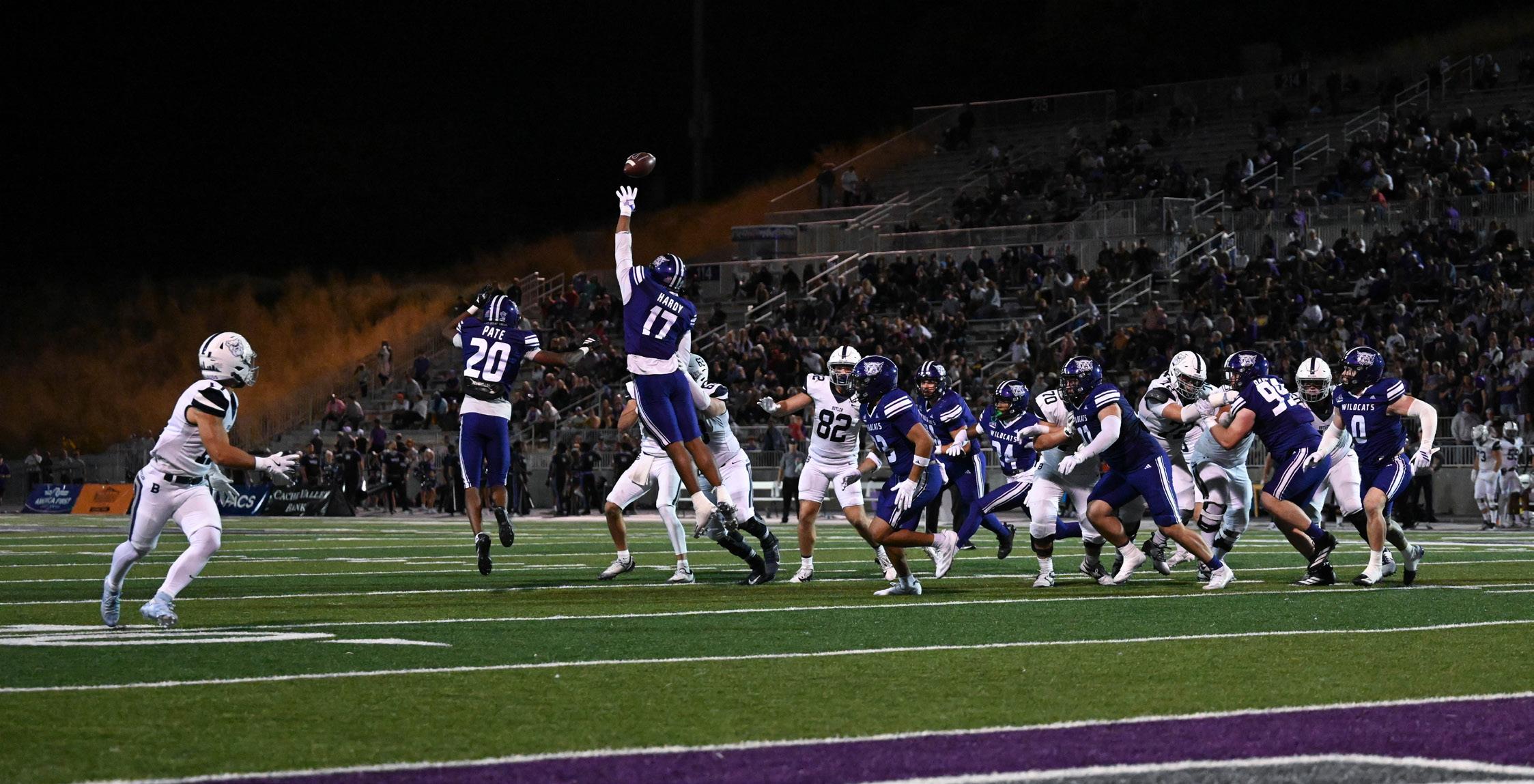
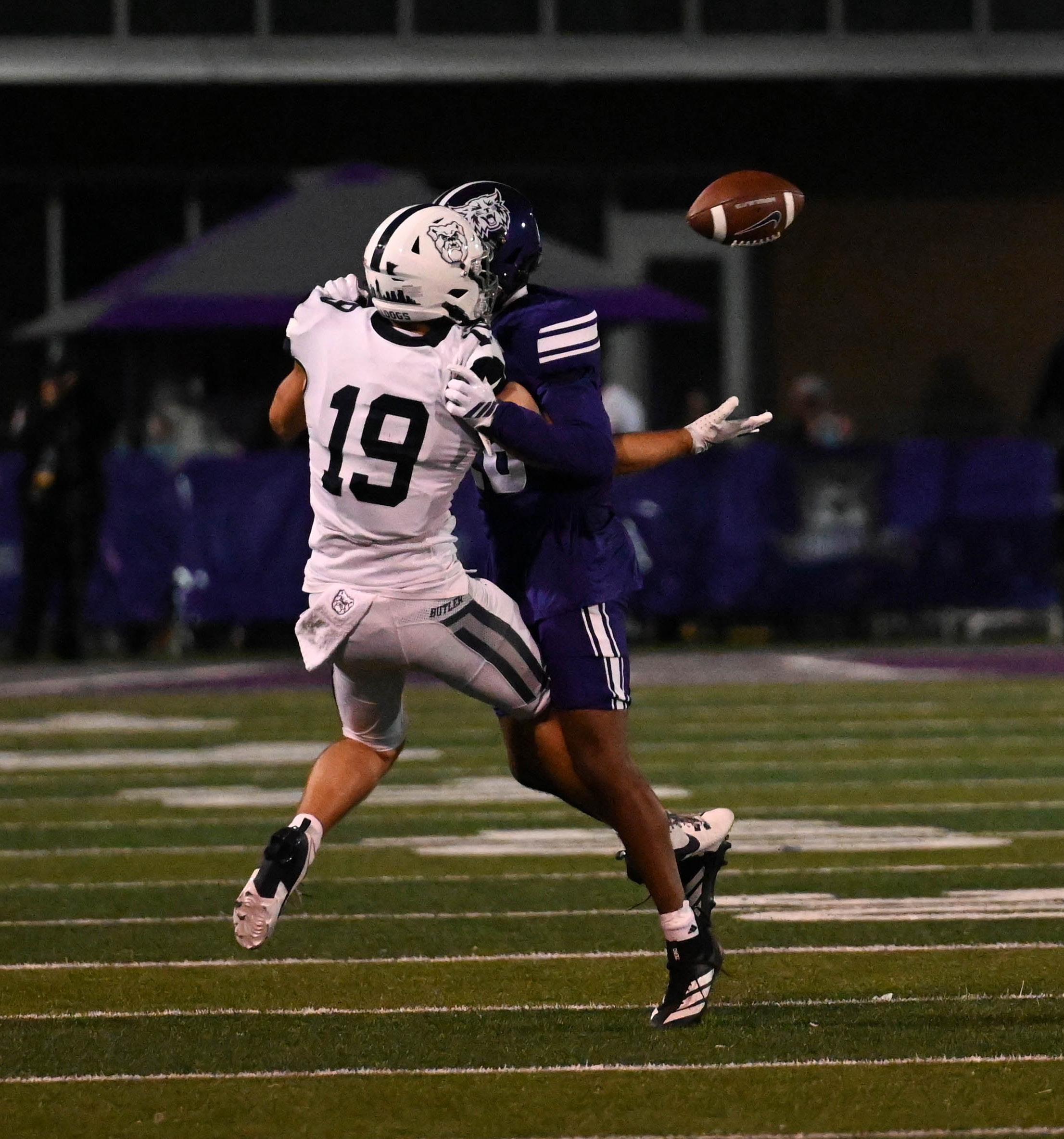
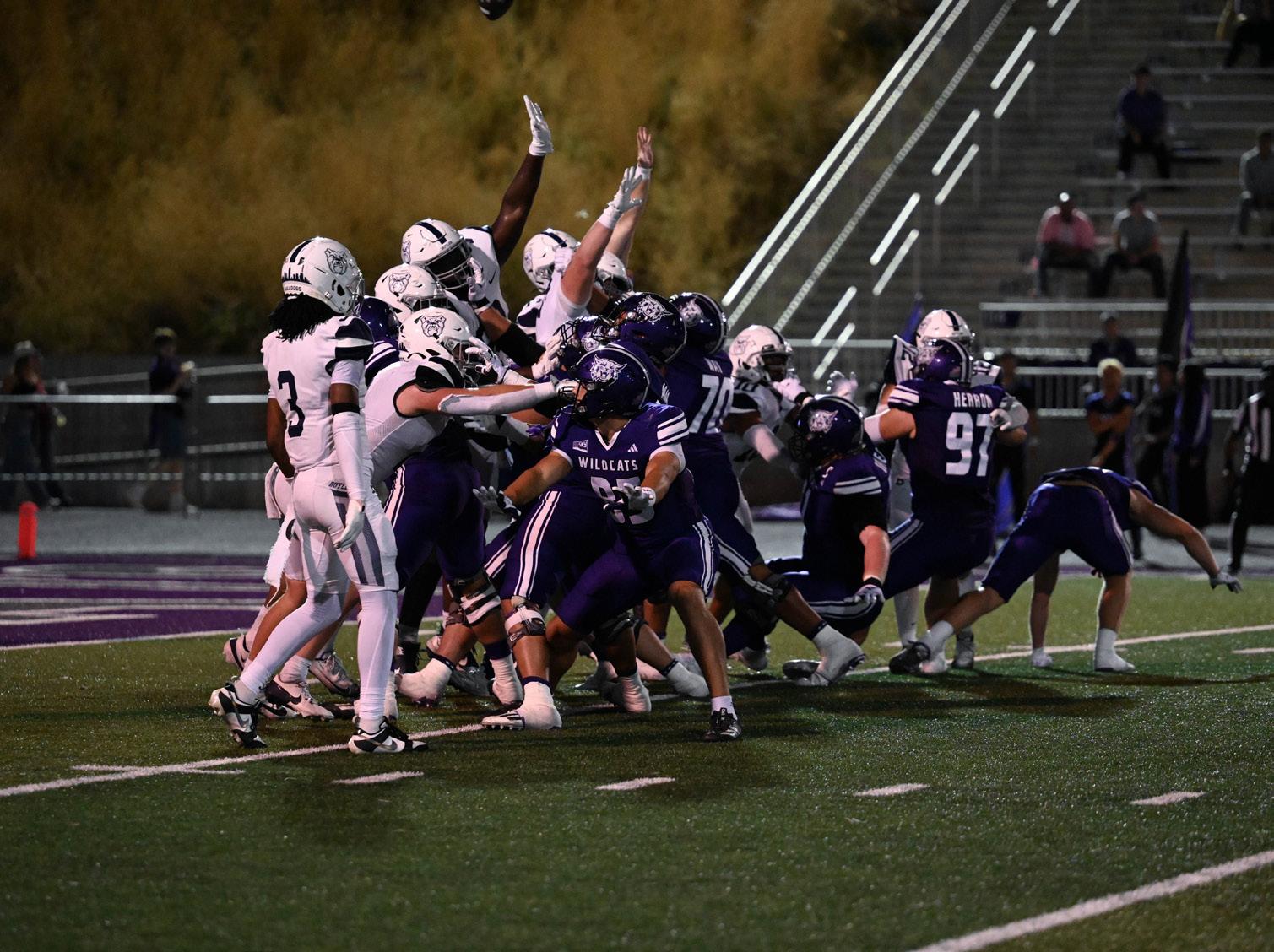
TOP LEFT: Weber State University cornerback Logan Mackey
defends against a Butler receiver.
TOP RIGHT: Butler University attempts to block a Weber State University field goal attempt.
BOTTOM: Weber State University defense rallies to the ball carrier against Butler University.
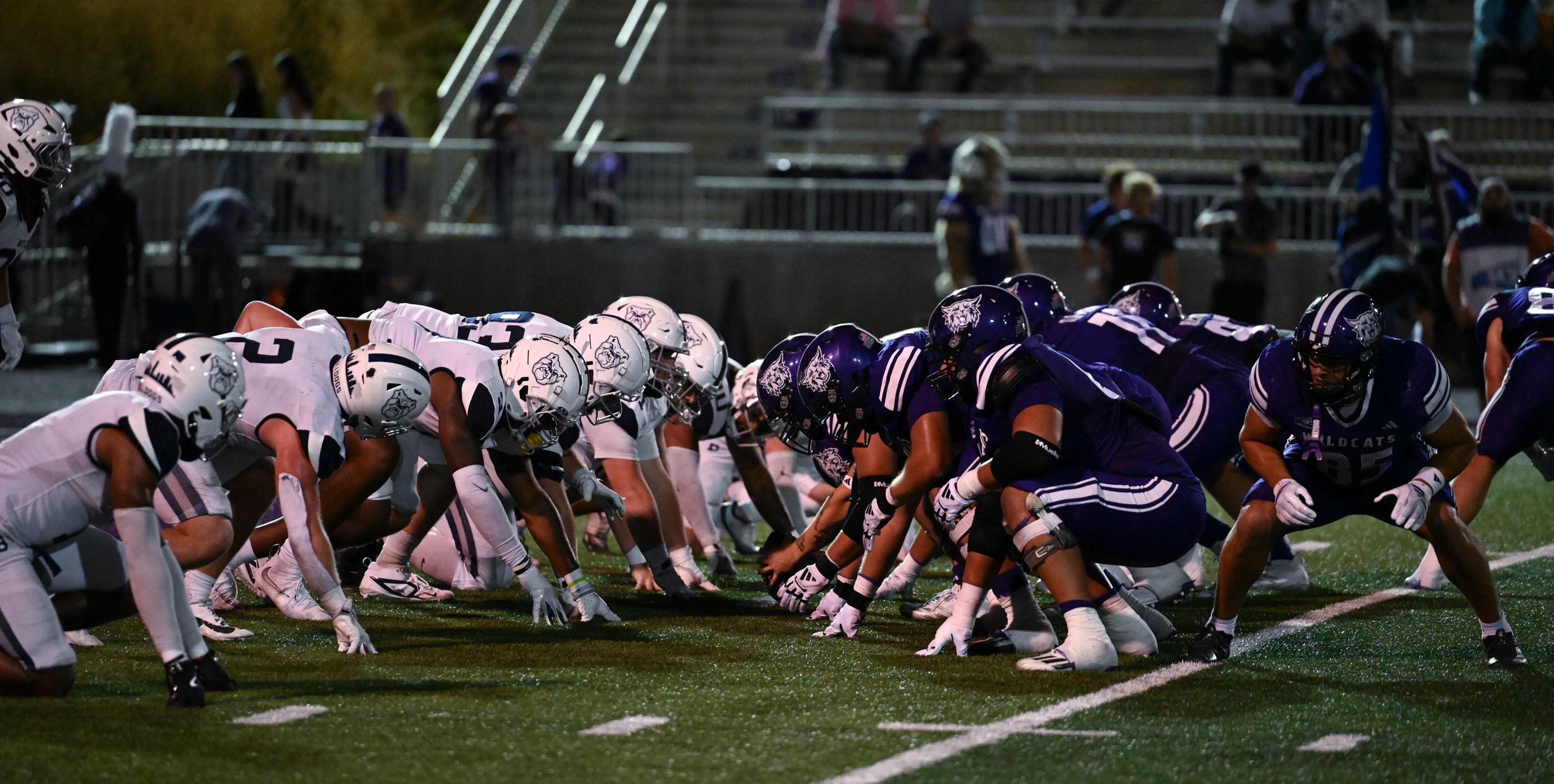
(#28)
WEBER LE PONE LA CORREA A LOS BULLDOGS
Por VICTORIA HERNANDEZ Traductor
Por GAVIN NELSON Editor
Después de tres semanas de viaje desde Virginia a Arizona a Louisiana, el equipo de fútbol americano de Weber State por fin regresó a casa al estadio Steward para enfrentarse a los Bulldogs de la Universidad de Butler.
Los Wildcats comenzaron el juego con una victoria contra la Universidad de McNeese State el 13 de septiembre, dos perdidas contra la Universidad de James Madison el 30 de agosto y la Universidad de Arizona el 6 de septiembre.
Butler vino a jugar con dos victorias contra la Universidad de Division II Truman State y la Universidad de Division III Hanover, y una perdida contra la Universidad de Northern
Iowa.
Butler es miembro de la Conferencia Big East en todos los deportes excepto en fútbol americano, que no está regulado por Big East. En fútbol americano, Butler pertenece a la Pioneer Football League, donde los equipos de la conferencia no conceden becas deportivas a los jugadores de fútbol americano.
Los Wildcats esperaban ver al quarterback titular de Butler, Reagan Andrew en el campo, pero antes del juego, estaba vestido de calle y fuera del juego, así que el sophomore quarterback Jarrin Alley recibió la luz verde para jugar.
Weber también tuvo algunas lesiones. El sophmore wide receiver Noah Kjar se rompió el ligamento cruzado anterior (LCA) y el menisco contra McNeese y quedó fuera del juego para toda la temporada; el junior guard de Vae Soifua está fuera por tiempo indefinido debido a una lesión de pantorrilla;
y el senior defensive end Keahnist Thompson quedó fuera por una lesión desconocida. El juego comenzó bien para los Wildcats, quien corrió 75 yardas por el campo, finalizando con un touchdown de 15 yardas corrido por el running back Davion Godley.
Los Wildcats obligaron a Butler a realizar un “three-and-out” y luego avanzaron hasta la yarda 3 de Butler. Sin embargo, en el fourth down, el pase del sophmore quarterback Jackson Gilkey al fullback senior Colter May fue incompleto, lo que provocó la pérdida del balón.
Después de que la defensa de los Wildcats forzó otro “three-and-out”, los Wildcats corrieron a la yarda 13 de Butler, pero fueron detenidos en el third and three. El senior kicker Sloan Calder logró un field goal de 29 yardas para poniendo el juego a 10-0.
Lo mismo ocurrió en las siguientes jugadas, con otro “three-and-out” a Butler y otro
field goal de Calder, esta vez de 26 yardas, dándole a los Wildcats una ventaja de 13 puntos al final del primer cuarto. Los Wildcats respondieron con una jugada de 75 yardas que culminó con un pase touchdown de 20 yardas de Gilkey al sophomore wide receiver AJ Jaurow, que no solo fue su primer touchdown en su carrera, sino también su primera recepción.
Butler volvió a avanzar por el campo con Passini corriendo libremente 43 yardas hasta llegar a la yarda 32 de Weber State, y en la siguiente jugada, encontró al tight end Brady Preston para anotar un touchdown.
En la siguiente carrera, Gilkey fue interceptado por el senior defensive lineman Danny Orgler, dando a los Bulldogs el balón en la 13 yarda de los Wildcats.sin embargo, la defensa de Weber se mantuvo firme y limitó a los Bulldogs a un field goal, lo que dejó el partido en 27-17 a favor de los Wildcats.

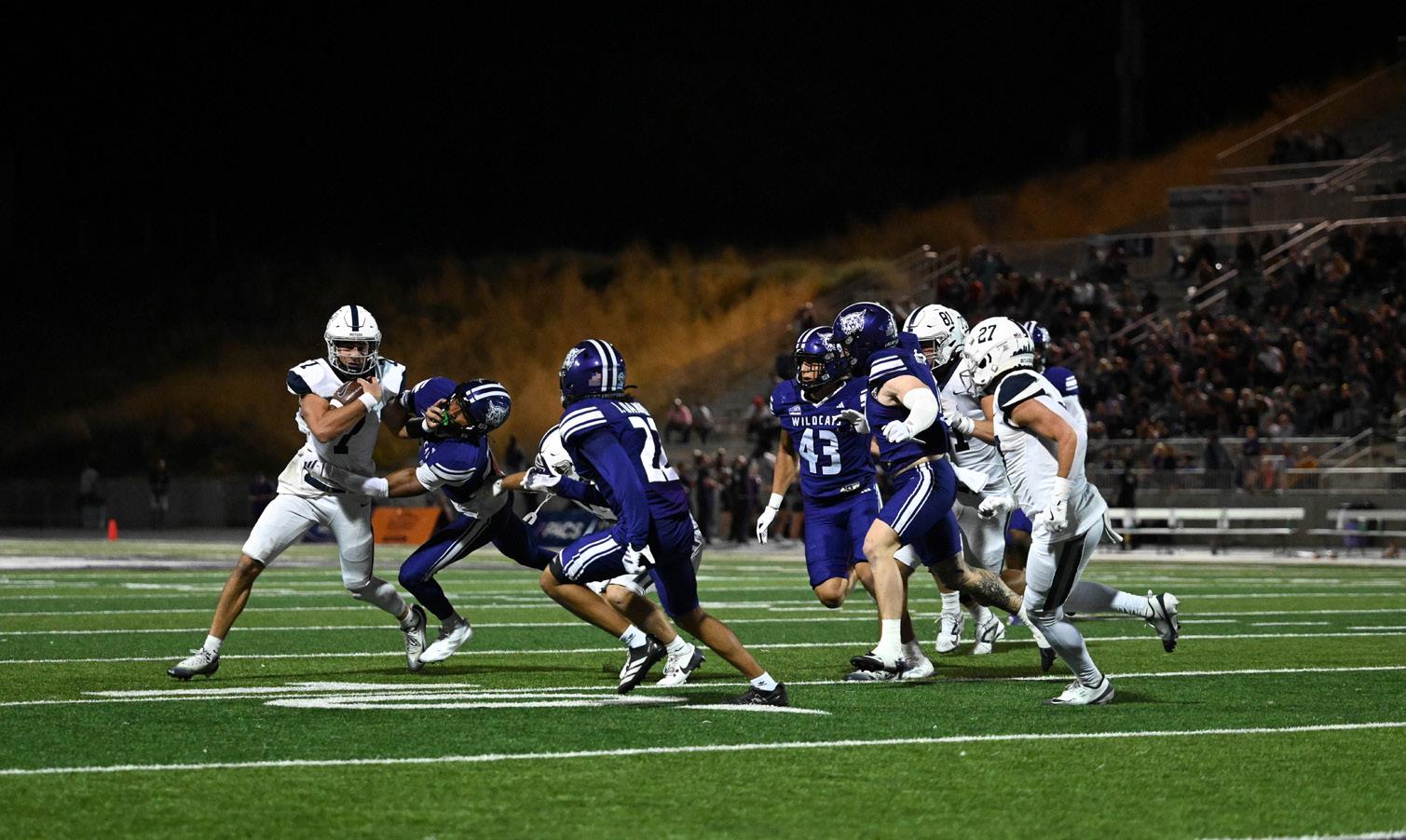
El senior running back Bird Butler pierde el balón en el siguiente kickoff, y los Bulldogs lo recuperaron en la yarda 27 de Weber State. Sin embargo, los Wildcats recuperaron el balón cuatro jugadas más tarde tras una intercepción de Ishaan Daniels en el end zone, lo que concluyó el comienzo del halftime. Durante el halftime , se homenajeó a los nuevos miembros del Salón de la Fama del Deporte de Weber State. Taron Johnson, que jugó en el equipo de fútbol americano entre 2014 y 2017; Carla Taylor, entrenadora del equipo femenino de baloncesto entre 1989 y 2011; Linsey McFarland, que jugó en el equipo femenino de fútbol de 2003 a 2006; Kelsey Chugg, que jugó en el equipo femenino de golf de 2011 a 2013; y Rico Washington, que jugó en el equipo masculino de baloncesto de 1987 a 1989.
También durante halftime, la nueva “Flaming W” situada en la ladera de Mount Ogden finalmente se encendió tras más de un año de construcción.
En el tercer cuarto, los equipos intercambiaron punts durante todo el tiempo, salvo por otro field goal de Calder, esta vez de 36 yardas. El marcador era de 30-17 a favor de los Wildcats al comienzo del cuarto.
En la primera jugada del cuarto cuarto, Passini corrió 12 yardas para anotar un touchdown y poner el marcador a 30-24. Los equipos intercambiaron punts hasta que los Wildcats detuvieron a Butler en fourth down con nueve minutos restantes. Sin embargo, dos jugadas más tarde, Gilkey lanzó su segunda intercepción del partido.
Tras forzar un “three-and-out” a Butler, los Wildcats corrieron por el campo y terminaron la jugada con un touchdown de Chauncey Sylvester, el primero de su carrera. En la conversión de dos puntos, Gilkey consiguió al junior receiver Marvin Session para poner el marcador en 38-24. Tras forzar un turnover
en downs, los Wildcats se arrodillaron con el balón para llevarse la victoria de 38-24.
Davion Godley tuvo el mejor partido de su carrera, corriendo para un récord personal de 193 yardas.
El entrenador Mickey Mental es consciente de algunas mejoras que deben realizarse, incluyendo aprovechar la buena posición en el campo de la ofensiva.
“Tenemos que aprovechar”, dijo Mental. “Tengo que hacer un mejor trabajo para poner a nuestros chicos en mejores situaciones para que tengan éxito. Y luego tenemos que ejecutar colectivamente a un nivel más alto cuando nos encontremos en esas situaciones”.
Los Wildcats viajarán a Davis, California, para enfrentarse a la Universidad de California, Davis Aggies, el 27 de septiembre, antes de entrar en la semana de descanso. Tras la semana de descanso, los Wildcats regresan a casa para enfrentarse a la Universidad de California State, Sacramento Hornets en el partido de Homecoming el 11 de octubre.
IZQUIERDA: Defensa de Weber State University lucha por el control del balón en contra de Butler University.
ARRIBA A LA DERECHA: Receptor de Weber State University Marvin Session (#18) celebrates su conversión de dos puntos por atrapar la pelota.
ABAJO A LA DERECHA: Pateador de Weber State University Sloan Calder (#69) patea la pelota en contra de Butler University.
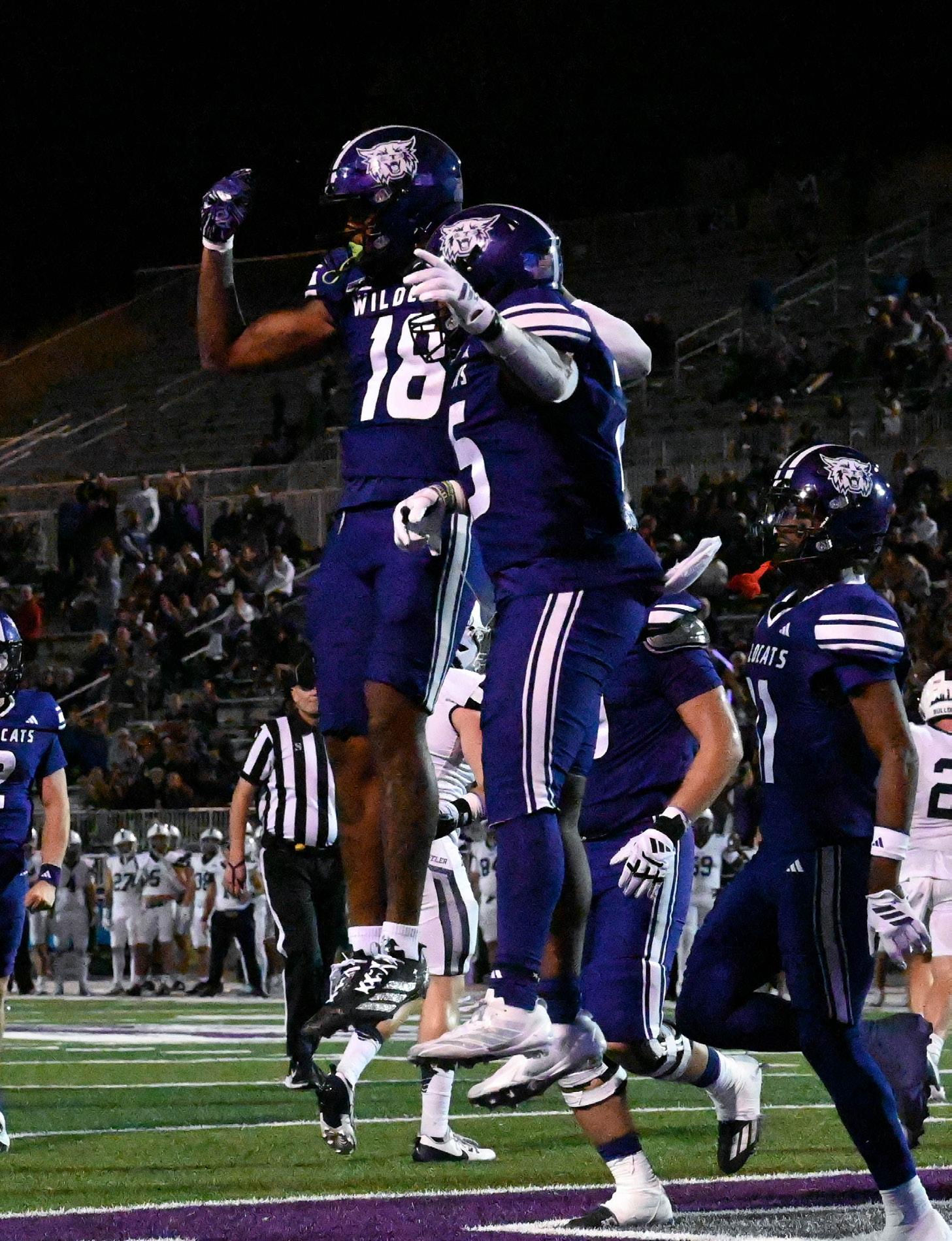
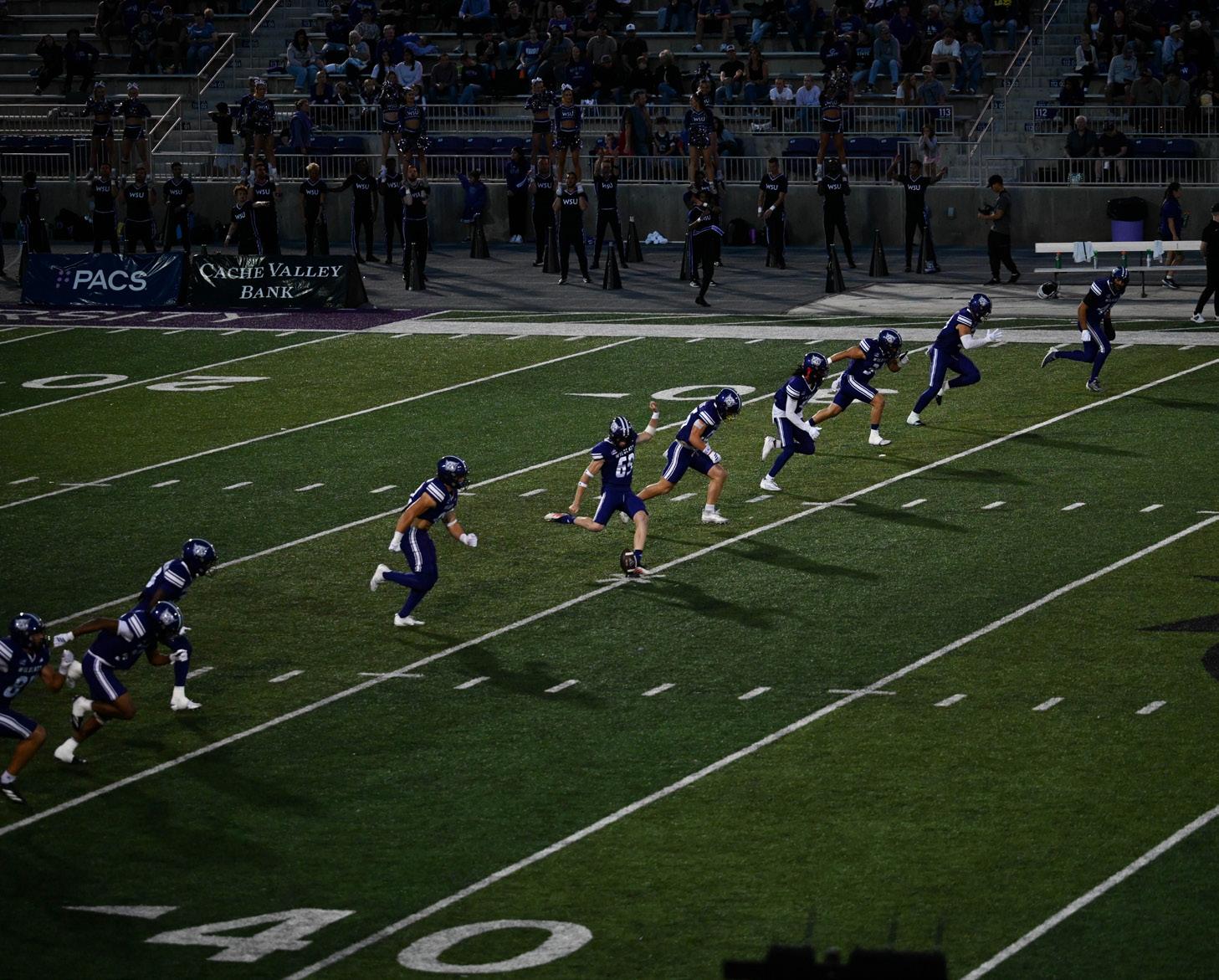
U OF WHO? WEBER SHUTS DOWN UTAH TEAM
By BRAYSON BROWN Asst. Editor
The Weber State University hockey club faced off against the University of Utah on Sept. 19.
Things started off on the right foot for Weber with forward Caden Hunter scoring the game’s first goal six minutes into the game. The Wildcats accumulated 13 shots on goal in the first period.
With all those shots being poured onto the Ute’s goalie, Weber knocked in two goals, with forward Carter Merritt scoring at the 8:03 mark and defender Aiden Thede scoring
with only 55 seconds left in the first period. Utah was not looking to be shut out in the first period and scored with just five seconds left to end the period at 3–1 in favor of the Wildcats.
The second period was when the game began to get physical, as two in-state opponents went at it in a battle on the ice, with both teams receiving two power plays, but neither team could capitalize on the extra man advantage.
The Utes started the period strong with a goal three minutes into the period to push the Weber advantage to only one goal. Both teams kept getting chances right in front of

the net, but neither could put the puck in the back of the net, and the score after two periods was 3–2.
The third period was action-packed, as both teams peppered the opposing goalie with 11 shots each. With 14 minutes left in the game, Weber forward Makar Klochkov took matters into his own hands and shot the puck into the back of the Utah goal to obtain a 4–2 advantage for the Wildcats. Utah was not about to back down, and scored with 6:45 left in the game.
Weber then pushed back against the desperate pressure from the Utes, as they tried to tie the game up and force overtime in
Ogden. Weber State goalie Trey Hirschfield wouldn’t let that happen and had 30 saves on the night and made countless 1v1 saves to hold onto the victory for the Wildcats with a score of 4–3. Hirschfield credited his saves to his work ethic.
“I have had a routine ever since I was a little kid. Been playing goalie for a while, so I get here two and a half hours early and visualize the game. I throw a racket ball against the wall. Most of it is just practice,” Hirschfield said.
The Wildcats are now 3–0 on the season after the victory over the U of U.


LEFT: Weber State University hockey forward Simon Verschuere (#11) tries to get the puck from a University of Utah defenseman.
TOP RIGHT: Weber State University hockey players corner a University of Utah hockey player against the glass.
BOTTOM RIGHT: Weber State University players and University of Utah players battle against each other for the puck.
LA U DE DONDE?
WEBER DETIENE AL EQUIPO DE UTAH
Por DAVID ROMAN AROS Traductor
Por BRAYSON BROWN
Editor Asistente
El club de hockey de la Universidad Estatal de Weber se enfrentó a la Universidad de Utah el 19 de septiembre.
Las cosas comenzaron bien para Weber, con el delantero Caden Hunter anotando el primer gol del partido a los seis minutos de juego. Los Wildcats acumularon 13 tiros a puerta en el primer periodo. Con todos esos tiros lanzados al portero de los Utes, Weber anotó dos goles, con el delantero Carter Merritt marcando a los 8:03 minutos y el defensa Aiden Thede marcando a solo 55 segundos del final del primer periodo.
Utah no quería irse al descanso sin marcar en el primer periodo y marcó faltando solo cinco segundos al final del primer periodo, dejando el marcador en 3-1 a favor de los Wildcats.
El segundo periodo fue cuando el partido comenzó a ponerse físico, ya que los dos rivales estatales se enzarzaron en una batalla sobre el hielo, con dos jugadas de poder para cada equipo, pero ninguno de ellos supo aprovechar la ventaja numérica.
Los Utes comenzaron el periodo con fuerza, marcando un gol a los tres minutos y reduciendo la ventaja de Weber a solo un gol. Ambos equipos siguieron teniendo ocasiones delante de la portería, pero ninguno de los dos consiguió meter el disco en la red, y el marcador tras dos periodos era de 3-2.
El tercer periodo estuvo lleno de acción, ya que ambos equipos acribillaron al portero contrario con 11 tiros cada uno. A falta de 14 minutos para el final del partido, el delantero del Weber Makar Klochkov tomó cartas en el asunto y lanzó el disco al fondo de la portería de Utah para dar una ventaja de 4-2 a los Wildcats. Utah no estaba dispuesto a rendirse y marcó a falta de 6:45 para el final del partido.
Weber resistió entonces la desesperada presión de los Utes, que intentaban empatar el partido y forzar la prórroga en Ogden. El portero de Weber State, Trey Hirschfield, no lo permitió y realizó 30 paradas durante la noche, además de innumerables paradas en situaciones de 1 contra 1, para mantener
la victoria de los Wildcats con un marcador de 4-3. Hirschfield atribuyó sus paradas a su ética de trabajo.
Hirschfeld dijo, “Tengo una rutina desde que era pequeño. Llevo un tiempo jugando como portero, así que llego aquí dos horas y media antes y visualizo el partido. Lanzo una pelota de raqueta contra la pared. La mayor parte es solo práctica”.
Ahora, los Wildcats están 3-0 en la temporada después de su victoria contra la U de U.
ARRIBA: El equipo de Weber State University de Hockey se enfrenta al equipo de Hockey de la Universidad de Utah.
ABAJO A LA IZQUIERDA: Delantero de Hockey de Weber State University Noah Takitani (#13) patina con la pelota.
ABAJO A LA DERECHA: El equipo de hockey de Weber State University celebrates después de anotar un punto.
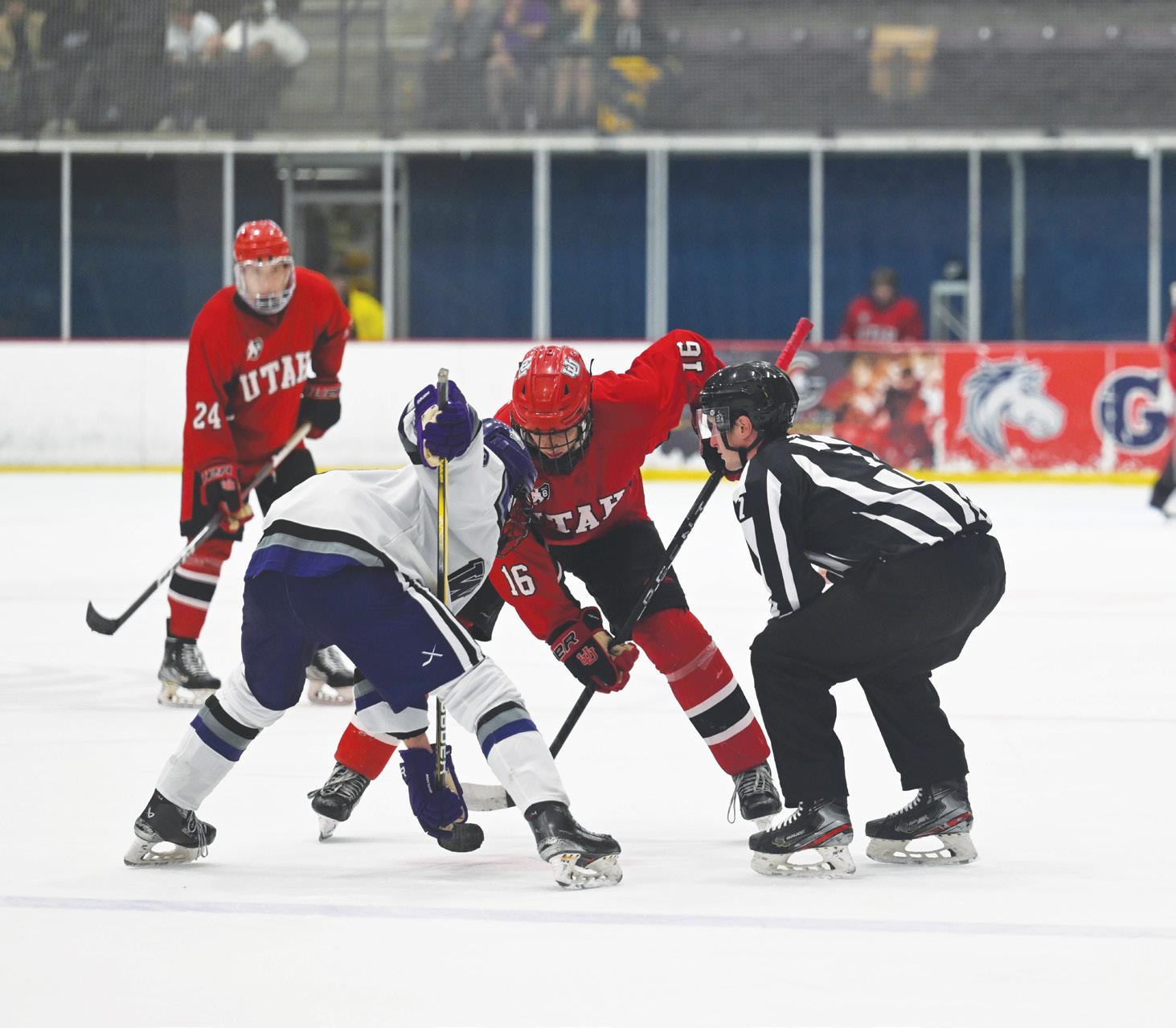


WEBER VOLLEYBALL HITS
ROUGH PATCH IN RETURN TO UTAH
By GRAYSON FREESTONE Reporter
After a 3–0 sweep in the Southeast Missouri Tournament, with wins over Murray State, Southeast Missouri State and the University of Iowa, the Wildcats lost a road game to Brigham Young University and a home game to Utah Valley University.
Weber’s matchup against BYU ended in an unfamiliar result, losing 3–0; their second loss of the season.
The Wildcats returned to Ogden to host UVU, hoping to put the loss behind them. That didn’t happen as they fell 1–3 against the Wolverines.
Head Coach Jeremiah Larsen pointed to several reasons why his team struggled on their home court.
“I thought we didn’t manage the moment of competition very well at all,” Larsen said.
“We didn’t manage our emotions. We didn’t manage our focus. We had opportunities to win and we just didn’t take advantage of it.”
The Wildcats were outscored by just seven points overall, with both teams scoring at least 21 points in each of the four sets.
Much of Weber’s struggles came at the net where blocks became a key part in the loss.
“I think we had a rough night distributing the ball and putting our kids in places to be successful,” Larsen said. “The location was not very good. When you do that, it’s easy for us to get blocked and to get dug and not be able to hit with any type of rhythm.”
The Wildcats will now look to defend their home court against the University of Northern Colorado on Sept. 24.

EL VOLLEYBALL DE WEBER PASA POR UN MOMENTO DIFÍCIL
AL REGRESAR A UTAH
Por
IVANNA OLACHEA Traductor
Por
GRAYSON FREESTONE
Reportero
Tras un victoria de 3-0 en el torneo de Southeast Missouri, con victorias sobre Murray State, Southeast Missouri State y la Universidad de lowa, los Wildcats perdieron una ronda de juego a la Universidad de Brigham Young y un juego de casa a la Universidad de
Utah Valley.
El enfrentamiento de Weber contra Brigham Young University terminó en un resultado extraño, perdiendo 3-0; su segunda derrota de la temporada.
Los Wildcats regresaron a Ogden para recibir a la UVU, con esperanza de dejar atrás la derrota. Eso no pasó mientras caían 1-3 contra los Wolverines.
El entrenador principal Jeremiah Larson señaló varias razones del porque a su equipo se le dificulto jugar en su cancha local.

“Pensé que no manejamos el momento de competencia lo bastante bien del todo”, dijo Larson. “No manejamos nuestras emociones. No manejamos nuestro enfoque. Tuvimos oportunidades de ganar pero simplemente no las aprovechamos”.
Los Wildcats fueron superados en puntos por solo siete puntos en total, con ambos equipos anotando al menos 21 puntos en cada uno de los cuatro periodos.
Gran parte de las dificultades de Weber se produjeron en la red donde los bloqueos se
IZQUIERDA: El equipo femenino de Volleyball de Weber State University celebra un punto.
DERECHA: La atacante opuesta de Weber State University Kaylie Ray (#12), bloquea la pelota mientras la atacante opuesta ataca la red.
convirtieron en una parte clave de la derrota. “Creo que tuvimos una noche dura distribuyendo el balón y poniendo a los chicos en lugares donde pudieran ser exitosos”, dijo Larsen. “La locación no era la mejor. Cuando haces eso, es fácil para nosotros quedarnos bloqueados y atascados y no poder golpear con ninguna clase de ritmo”.
Los Wildcats ahora mirarán defender su cancha local contra la Universidad de Northern Colorado el 24 de septiembre.
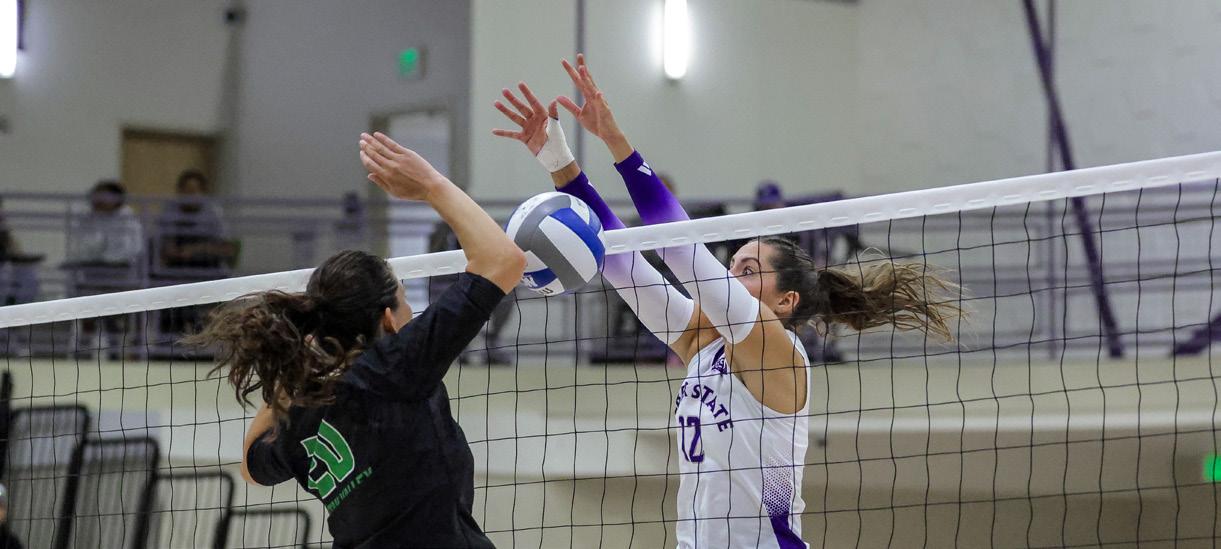
Weber State University outside hitter, Kaylie Ray (#12), spikes the ball down on the opposing team.
27TH ANNUAL UNITY CONFERENCE
Oct. 2
D2 Room 110, WSU Davis
Film screening: "Banned Together" & film discussion with student panel and audience | 6:00 p.m.
Oct. 3
Stewart Library, WSU Ogden
Breakfast | 8:30 a.m.
Navigating Censorship panel with faculty, sta and community | 9 a.m.
Breakout sessions | 10:40 a.m. - 1:30 p.m.
Please register at: weber.edu/unity-conference/
NEPALESE STUDENTS REFLECT ON PROTESTS IN KATHMANDU
By HANNAH RICHARDS Reporter
On Sept. 8, tens of thousands of Generation Z protesters filled the streets of Kathmandu, Nepal to voice their grievances against the government. News of this event rapidly broke across global networks and social media platforms to draw the attention of the general public.
Weber State University has a link to this incident with upwards of 500 students originating from Nepal. These students have found support through the Nepalese Student Association of Weber State as they have held candlelight vigils in response to the protests.
Many of these students have been personally affected by the protest and are trying to do their part to reform the Nepalese government from afar.
“Corruption is the most important thing. The corruption is from the local level to the
federal,” said Gaurab Kalfe, public relations representative of the Nepalese Student Association.
Money was at the heart of the corruption occurring through the Nepalese government, according to Kalfe. Government officials were constantly mismanaging the funds they collected from the citizens in the form of taxes and other governmental fees. Kalfe also spoke about the disappointing lack of transparency the government had with its citizens.
“We pay this much tax, you guys get this much foreign aid from other countries and where is the money being used,” said Shasanka Gautam, secretary of the Nepalese Student Association. “They started using social media for that … spending their money on the luxurious lives of their children and not focusing more on the development of the country.”
The social media ban occurred four days
before the protests began which many news sources have credited as the breaking point for the young citizens of Nepal. Both Gautam and Kalfe expressed that it is important for the general public to understand that although the ban ignited the fire of the protest, the root of the problem was the corruption being exposed through the social media platforms.
“Many of the people recommended our former Chief Justice of Nepal, the first female justice and she’s also the first Prime Minister,” said Kalfe.
Through a conversation on Discord, Sushila Karki was appointed to be the interim Prime Minister of Nepal until the official election takes place in March 2026. Gautam highlighted this appointment as the first step in electing leadership who are qualified to be in governmental positions.
“The current government is trying to work according to the changes … If we select the
right candidate and right leadership, then the country’s situation might be better than we expect,” said Kalfe.
The future of the Nepalese government is uncertain at this point, but according to Kalfe and Gautam, a full scale revolution isn’t necessary. The people of Nepal need to rely on their constitution to provide the framework for restructuring the government.
For more information regarding this issue or to show support, reach out to the Nepalese Student Association through Instagram @ wsunepal.
People take part in a tribute rally with the coffins that carry the bodies of people, who died in last week’s anti-corruption protests that toppled the government, in Kathmandu, Nepal, Sept. 16, 2025

ESTUDIANTES DE NEPAL REFLEJAN DESPUÉS DE LAS PROTESTAS EN KATHMANDU
Por DAVID ROMAN AROS Traductor
Por HANNAH RICHARDS Reportero
El 8 de septiembre, decenas de miles de manifestantes de la Generación Z llenaron las calles de Katmandú, Nepal, para expresar sus quejas contra el gobierno. La noticia de este evento se difundió rápidamente a través de las redes globales y las plataformas de redes sociales, llamando la atención del público en general.
Weber tiene vínculo a este incidente con más de 500 estudiantes con raíces en Nepal. Estos estudiantes han encontrado apoyo a través de la Asociación de Estudiantes Nepaleses de Weber State ya que han organizado vigilias con velas en respuesta a las protestas.
Muchos de estos estudiantes se han visto personalmente afectados por las protestas y están tratando de aportar su granito de arena para reformar el gobierno nepalí desde la distancia.
Gaurab Kalfe, representante de relaciones públicas de la Asociación de Estudiantes Nepaleses dijo, “La corrupción es lo más importante. La corrupción se extiende desde el ámbito local hasta el federal”.
Según Kalfe, el dinero era el núcleo de la corrupción que se producía en el gobierno nepalí. Los funcionarios públicos gestionaban de forma inadecuada los fondos que solían recaudar de los ciudadanos en forma de impuestos y otras tasas gubernamentales. Kalfe también se refirió a la decepcionante falta de transparencia del gobierno con sus ciudadanos.
Shasanka Gautam, secretario de la Asociación de Estudiantes Nepaleses dijo, “Nosotros pagamos tantos impuestos, ustedes también reciben tanta ayuda exterior de otros países. ¿y dónde se utiliza ese dinero?
Empezaron a utilizar las redes sociales para eso… gastando su dinero en la vida lujosa de sus hijos y sin centrarse más en el desarrollo del país”.
Kalfe dijo, “Muchas personas recomendaron a nuestra antigua presidenta del Tribunal Supremo de Nepal, la primera mujer magistrada y también la primera primera ministra.”
A través de una conversación en Discord, Sushila Karki fue nombrada primera ministra interina de Nepal hasta que se celebren las elecciones oficiales en marzo de 2026. Guatam destacó este nombramiento como el
primer paso para elegir líderes cualificados para ocupar cargos gubernamentales.”
Kalfe afirmó, “El gobierno está tratando de trabajar de acuerdo con los cambios… Si seleccionamos al candidato adecuado y al liderazgo adecuado, la situación del país podría ser mejor de lo que esperamos.”
El futuro del gobierno nepalí es incierto en este momento, pero según Kalfe y Guatam, no es necesaria una revolución a gran escala. El pueblo nepalí debe confiar en su constitución para que proporcione el marco necesario para la reestructuración del gobierno.
Para obtener más información sobre este tema o para mostrar tu apoyo, ponte en contacto con la Asociación de Estudiantes Nepaleses a través de Instagram @wsunepal.
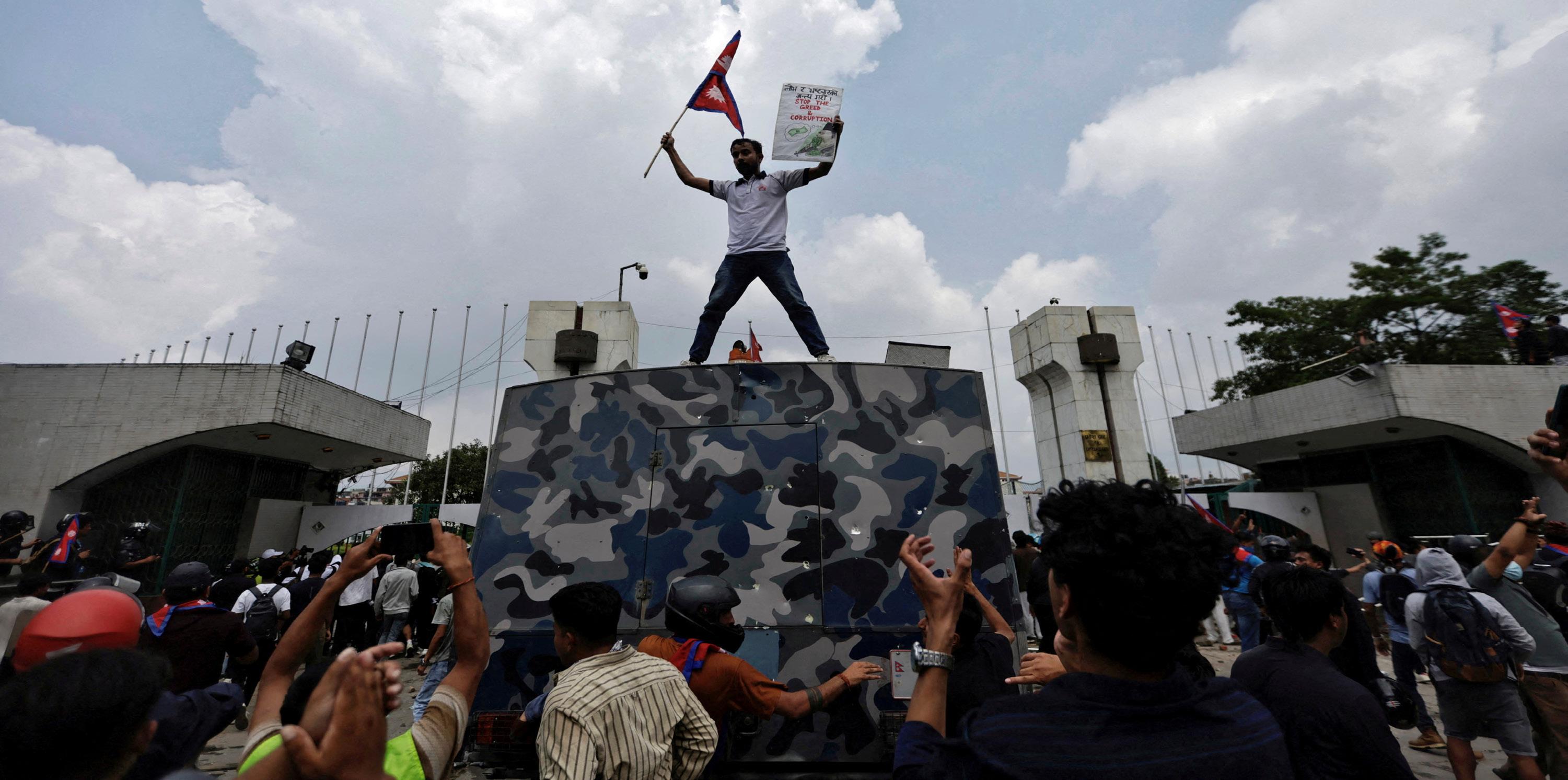
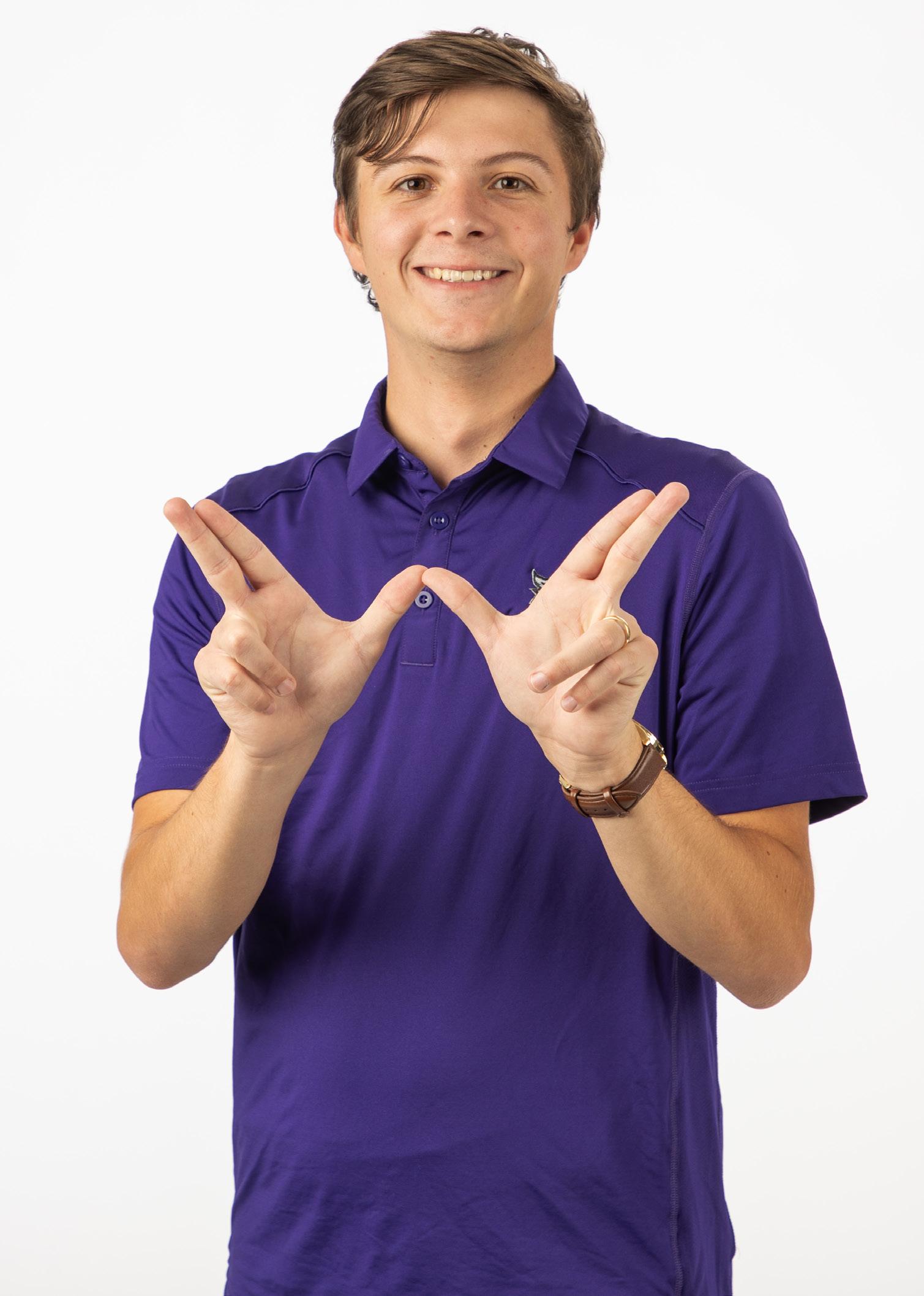
Joseph Trotter
“For 2 years I attended WSU in the evening and through online classes. I was still heavily involved. Through joining the various clubs and attending free WSUSA events I still felt like I belonged to the campus community.”
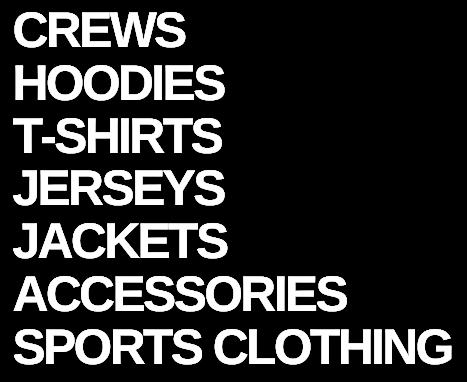

weber.edu/wildcatwelcome



By KYLE GREENAWALT Reporter
Doors opened on “Bingo After Dark” once again as an unofficial tradition that has been held every year for the past seven years.
“I served on the Activities team two years ago,” said Ashlynn Stokes, the vice president of activities for the Weber State University Student Association, “and I just remember it being a huge hit. So many people came. There was a diverse group of people. So it was some people that we had never seen at events before. And I think it just brings a lot of community.”
Stokes talked more about what the WSUSA is trying to achieve with this event and many of their other events. “I want people to make friends, and I want them to find friends that will last a lifetime. And Bingo is just a great event where people can make friends and have competition,” Stokes said.
The WSUSA activities team wants students to come out to these events to make friends and make memories, and they feel that bin-
BIG WINS AT BINGO
go night has allowed many students to find friendships and community through something like bingo.
There were plenty of students in attendance that had something to say about the event and how they heard about it as well. Some of the students were excited for the different prizes that the WSUSA activities team were able to procure.
Quincy Rozsa, a current Weber State University student in attendance at the event said “I really want a Nintendo switch because I want to play Smash Bros … I didn’t think a lot of people would come, so it’s going to be kind of harder to win. I might have to start a riot.”
While full of energy, Rozsa found out about the chances to win from a friend and fellow student, Tinsley Smith.
“I saw a poster hanging on the wall, and I said, ‘That looks cool,’ so I sent a picture to a 20-person group chat and I said ‘Guys, we need to win something,’” Smith said.
Like Rozsa and Smith, other students in
attendance were talking about the prizes that were put together and decided upon by Saman Chapagaim, the social engagement events chair, who said, “For the Switch 2, it was the biggest thing in 2025. So why not? And for the rest of the prizes, it’s themed, so we have a beach theme. So we have a paddle board, neckband, beach tent, beach chairs, and stuff like that.”
All funding for the event was through the budget that was allocated to the activities team that paid for the prizes given out.
After the event, Daisy Hall, a film student at Weber State said, “It was really fun. I had a good time. I met new people. I made new
“I definitely think these fun high-prize events are really fun for students, especially poor college students, being able just to get out and have a fun time and maybe win something cool,” Hall said.

Students and Ogden community turn out for the seventh year of Bingo Night at Weber State University hosted by Weber State University Student Association.
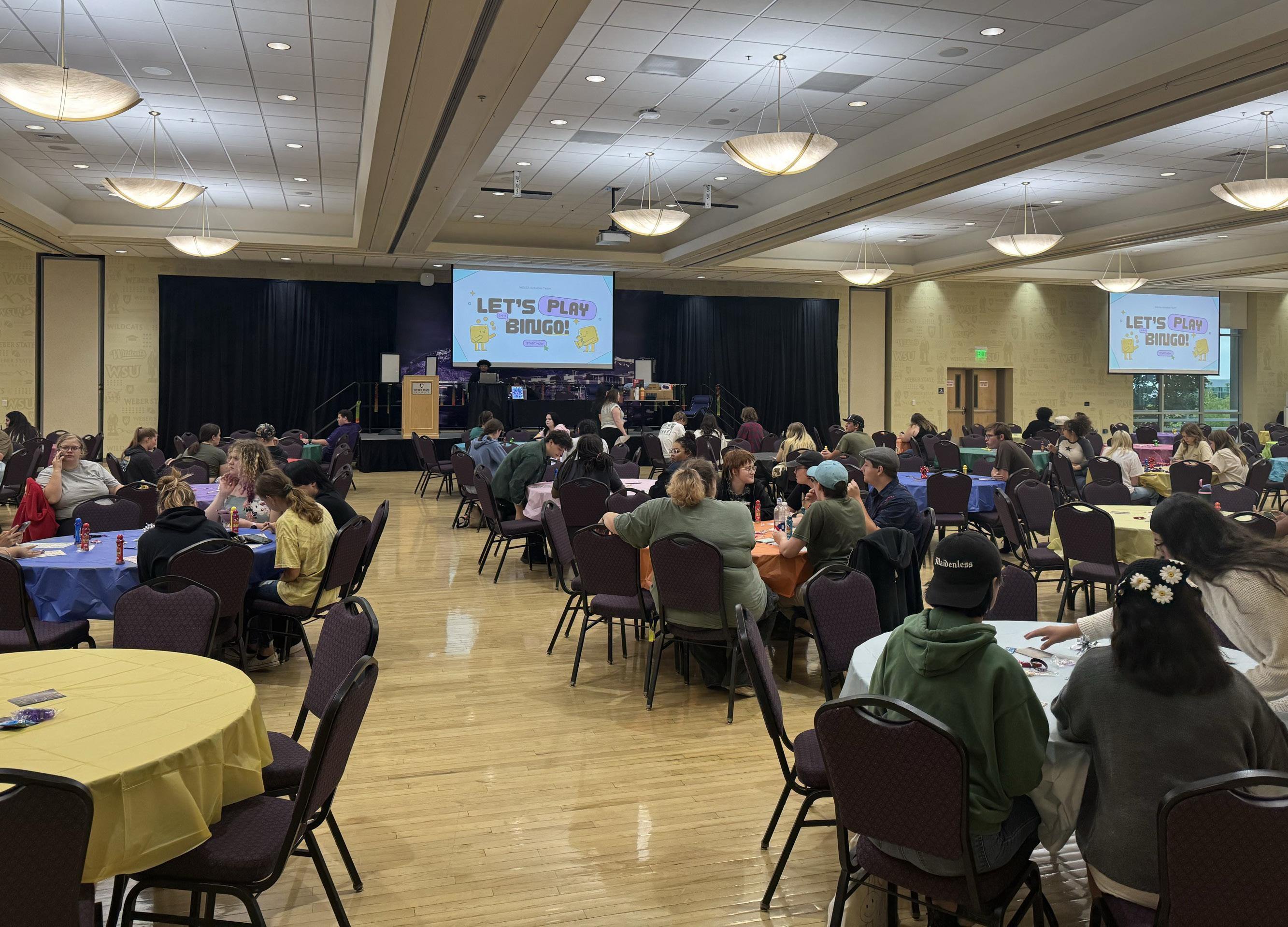
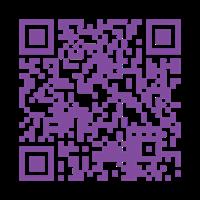
Kyle Greenawalt
The Signpost
VICTORIAS ENORMES EN EL BINGO
Por NELLY HERNANDEZ TEJADA Traductor
Por KYLE GREENAWALT Reportero
Las puertas de “Bingo Night After Dark” han abierto de nuevo otra vez como una tradición no oficial que han tenido cada año por los últimos siete años.
“Yo serví en el equipo de actividades hace dos años”, dijo Ashlynn Stokes, la vicepresidente de actividades para la Asociación Estudiantil de Weber State University (Weber State University Student Association, WSUSA), “y me recuerdo que era algo muy popular. Bastantes personas vinieron. Había un grupo diverso de personas. Entonces había personas que nunca habíamos visto en eventos. Y creo que eso atrae a mucha gente de la comunidad”.
Stokes habló más de lo que WSUSA quiere lograr con este evento y con varios de sus otros eventos. “Quiero que la gente haga amigos, y quiero que encuentren amigos que duren toda la vida. Y el bingo es un gran evento donde la gente puede hacer amigos y
ser competitivos”, dijo Stokes. El equipo de actividades de WSUSA quiere que los estudiantes vengan a estos eventos para que hagan amigos y memorias, y que ellos sientan que la noche de bingo ha ayudado a estudiantes hacer amistades y comunidad en algo como bingo.
Había bastantes estudiantes que asistieron que tenían algo que decir del evento y como se enteraron del evento. Algunos de los estudiantes estaban emocionados por los diferentes premios que el equipo de actividades de WSUSA pudieron procurar.
Quincy Rozsa, un estudiante de la Universidad de Weber State que asistió el evento dijo “Yo quiero un Nintendo Switch porque quiero jugar Smash Bros… Yo no pensaba que bastante gente iba a venir, entonces va a ser más difícil ganar. Voy a tener que comenzar un disturbio”.
Llena de energía, Rozsa descubrió las oportunidades de ganar de un amigo que también es estudiante, Tinsley Smith.
“Vi un póster en la pared, y dije, ‘Eso se ve chévere’, entonces yo mandé una foto a un grupo de mensajes de 20 personas y dije
‘Tenemos que ganar algo’”, dijo Smith. Como Rozsa y Smith, otros estudiantes en asistencia estaban hablando de los premios que tenían y fue decidido por Saman Chapagaim, el coordinador de eventos sociales, que dijo, “Por el Switch 2, fue la gran cosa en 2025. ¿Entonces por qué no? Y por el resto de los premios, tenemos un tema, tenemos un tema de playa. Tenemos una tabla para remar, banda para el cuello, tienda de playa, sillas de playa y cosas así”.
Toda la financiación del evento fue a través del presupuesto del equipo de actividades, que pagó los premios que se entregaron.
Después del evento, Daisy Hall, un estudiante de cine dijo, “Fue muy divertido. Lo pasé muy bien. Conocí a gente nueva. Hice nuevos amigos. Definitivamente tuve algunos momentos estresantes esperando los premios”.
Había bastantes estudiantes en asistencia, pero solamente algunos de ellos ganaron premios, pero parece que los estudiantes buscando por otra oportunidad van a tenerla pronto. El equipo de actividades de WSUSA va a hacer más de estos eventos en el futuro, haciendo que este evento no sea oficial para

que los estudiantes asistan.
“Definitivamente creo que estos eventos con premios grandes son muy divertidos para los estudiantes, especialmente para los estudiantes universitarios pobres, poder salir y pasarla bien y quizás ganar algo chévere”, dijo Hall.
Se comparte esta historia en thesignpostwsu.com
Noche de Bingo hecha por la Asociación Estudiantil de Weber State University donde los estudiantes pueden jugar para ganar una varie-
FREE
BOOKS for your book Club!
Are you in a book club or want to start one?
Did you know that The Utah State Library has more than 800 titles for your use? check it out!
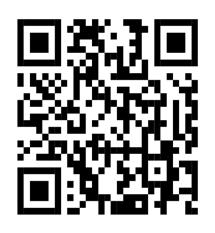


Kyle Greenawalt
The Signpost
CHARLIE COOK’S REFLECTION ON CURRENT POLITICAL CLIMATE
By CAEL BLACK Reporter
On Sept. 17 political analyst Charlie Cook gave a talk at the Haven J. Barlow Lecture Hall, organized by the Walker Institute of Politics & Public Service. It took place on Constitution Day and lasted from 12:30 p.m. to 1:30 p.m. Cook’s talk mainly focused on the current political climate and the rise of political violence, along with his own reflections on the presidential election of 2024 last year and his forecast for the upcoming midterms in 2026.
On the topic of increasing polarization, Cook explained that defecting to the other party used to be more common if voters disliked their nominee. “But nowadays there’s practically none of that. And now people are more likely … to either skip over that office when they’re voting or just not vote at all in
that election than defect,” Cook said.
Cook later attributed the “wheels coming off the bus” to the Federal Communications Commission’s decision in 1987 to repeal the Fairness Doctrine, which had said that broadcast stations had to try and be impartial. This then led to the rise of ideological, partisan talk radio, cable network news and ideological websites on the Internet that weren’t, in Cook’s words, “curated.”
When the conversation shifted to the election of 2024 last year, Cook gave his thoughts on the reasons for President Donald Trump’s victory and reelection. “Anybody whose name’s on the door, like Biden-Harris, if your side’s tanking the way they were, then she wasn’t going to have much of a chance,” Cook said.
Cook went on to talk about Trump’s win in the 2024 election, comparing it to former President Joe Biden’s win in 2020.

“When Trump won in 2024, he won for the same reason that Biden had won in 2020. Biden won in 2020 because of who he wasn’t rather than who he was,” Cook said. “He won because he was the alternative to Donald Trump, and more people wanted to replace Trump than keep him.”
Besides just looking back at the presidential election last year, people’s attention has shifted to the upcoming closely contested midterm elections, where Republicans must hold on to their slim majority to keep control of the House of Representatives.
“Now, in the House, the House pretty much reflects the country. And if you’ve got an evenly divided country, as we have, you’re going to have a House that’s more or less pretty evenly divided as well. And it has been for three elections in a row almost tied,” Cook said. “But when you only have a job approval rating of about 33% or 34% approval among
independents who are really the only free agents out there in the process … you’re going to have a really, really hard time holding on to a majority in the House.”
Cook’s overall analysis showed a currently deeply divided electorate where party loyalty comes first, leaving all attendees with a reminder of polarization being at historic highs and possibly shaping American politics for the foreseeable future.
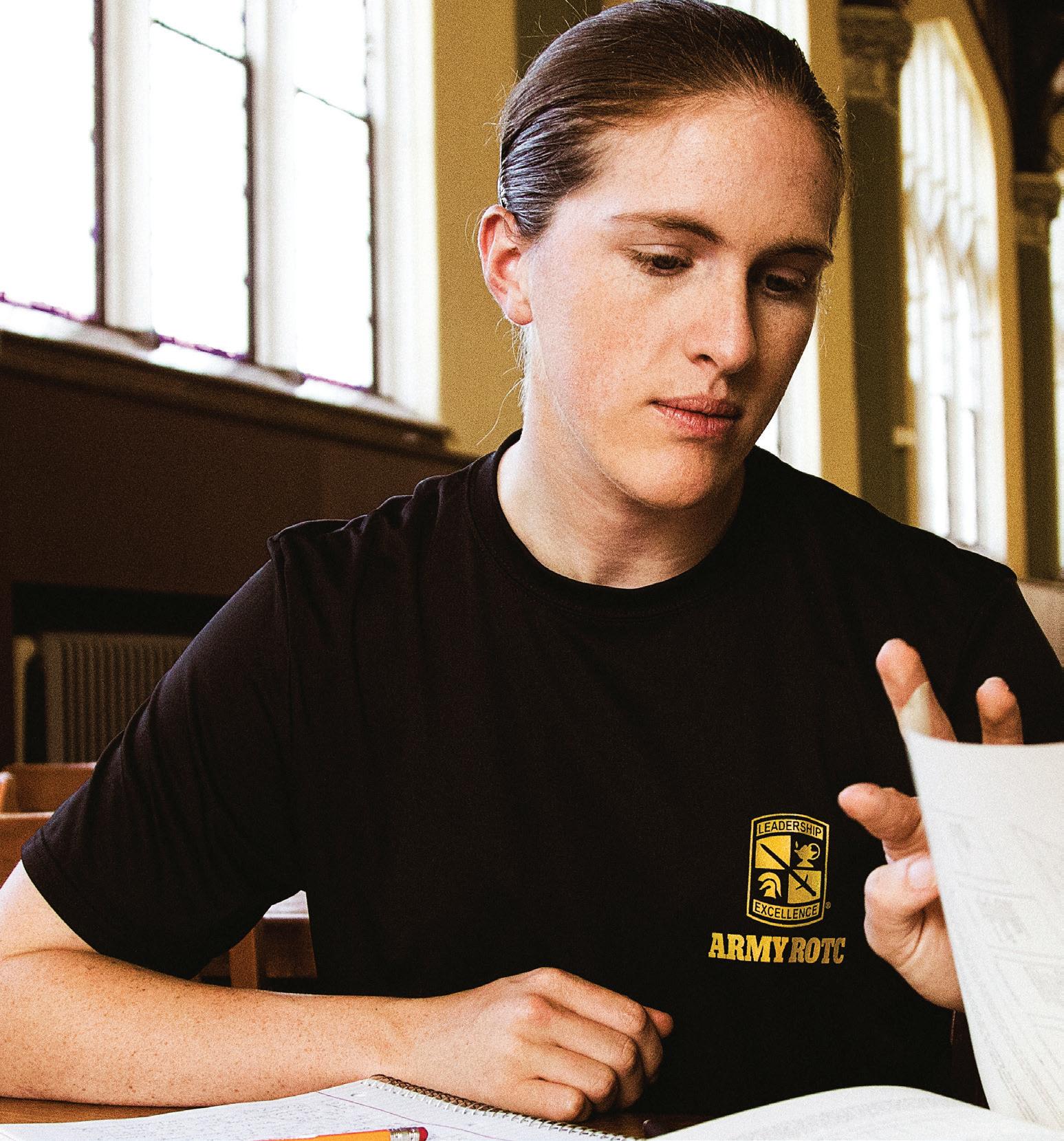
LA REFLEXION DE CHARLIE COOK ACERCA DEL CLIMA POLÍTICO ACTUAL
Por NELLY HERNANDEZ TEJADA Traductor
Por CAEL BLACK Reportero
El 17 de septiembre, el analista político, Charlie Cook, dio una conferencia en el Haven J. Barlow Lecture Hall, organizado por el Walker Institute of Politics & Public Service. Fue en el Constitution Day desde las 12:30 de la tarde hasta las 1:30 de la tarde. La conferencia de Cook se enfocó en el clima político actual y el aumento de la violencia política, con sus propias ideas sobre la elección presidencial de 2024 y su estima por los para las próximas elecciones intermedias de
2026.
Sobre el tema del aumento de la polarización, Cook explicó que antes era más común que los votantes se pasaran al otro partido si no les gustaba su candidato. “Pero hoy en día eso prácticamente no existe. Y ahora la gente es más probable que... o pasen por encima de esa oficina cuando votan o simplemente no votan en esa elección que desertar”, dijo Cook.
Cook luego atributo el “wheels coming off the bus (ruedas que se salen del autobús)” a la decisión del Comisión Federal de Comunicaciones (Federal Communications Commission) en 1987 de revocar el Doctrina de equidad (Fairness Doctrine), que había dicho que las estaciones de radiotelevisión debían intentar ser imparciales. Esto causó
que aumentaran los programas de radio con opiniones ideológicas y partidistas, las noticias por cable y las páginas web con ideas en Internet que no eran, en palabras de Cook, “seleccionadas”.
Cuando la conversación se cambió para la elección de 2024, Cook dio sus opiniones sobre las razones por la victoria y reelección del Presidente Donald Trump. “Cualquiera con su nombre en la puerta, como Biden-Harris, si tu lado se hunde como lo estaba haciendo, entonces ella no iba a tener muchas opciones”, dijo Cook.
Cook continuó hablando sobre la victoria de Trump en las elecciones de 2024, comparándola con la victoria del expresidente Joe Biden en 2020.
“CuandoTrump ganó en 2024, lo hizo por la misma razón por la que Biden había ganado en 2020. Biden ganó en 2020 por lo que no era, más que por lo que era”, dijo Cook. “El ganó porque era la alternativa a Donald Trump, y había más gente que quería reemplazar a Trump que mantenerlo”.
Además de mirar hacia atrás a las elecciones presidenciales del año pasado, la atención de la gente se ha dirigido hacia las próximas elecciones intermedias, que se presentan muy reñidas y en las que los Republicanos deben mantener su estrecha mayoría para conservar el control de la Cámara de Representantes.
“Ahora, en la Cámara, la Cámara refleja casi exactamente al país. Y si tienes un país dividido parejamente, como es nuestro caso, vas a tener una Cámara que también está más o menos dividida parejamente. Y así ha sido durante tres elecciones seguidas, casi empatadas”, dijo Cook. “Pero cuando solo tienes un índice de aprobación de tu labor de alrededor del 33 % o 34 % entre los independientes, que son realmente los únicos agentes libres que hay en el proceso... te va a resultar muy, muy difícil mantener la mayoría en la Cámara de Representantes”.
El análisis general de Cook mostró un electorado profundamente dividido que prima la lealtad al partido, lo que dejó a todos
se encuentra en un punto elevado histórico y que posiblemente marque la política de los Estados Unidos en el futuro cercano.
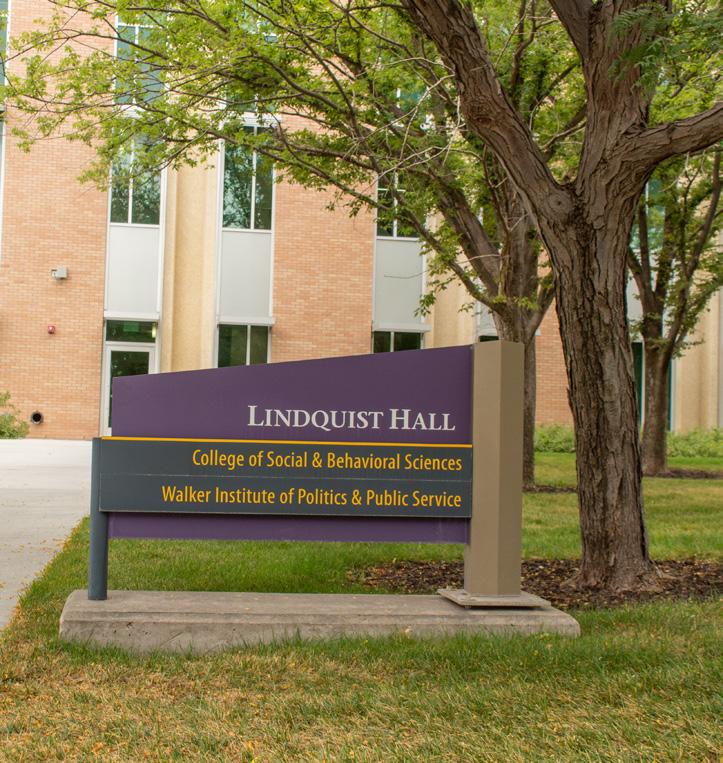
dio su conferencia para los estudiantes y facultad.senate meeting on Jan. 30.
“Y si tienes un país dividido parejamente, como es nuestro caso, vas a tener una Cámara que también está más o menos dividida parejamente.”
-Charlie Cook
Se comparte esta
Linquist Hall en el campus de Ogden de Weber State University donde Charlie Cook

Conflict Journalism: How to Follow the Story
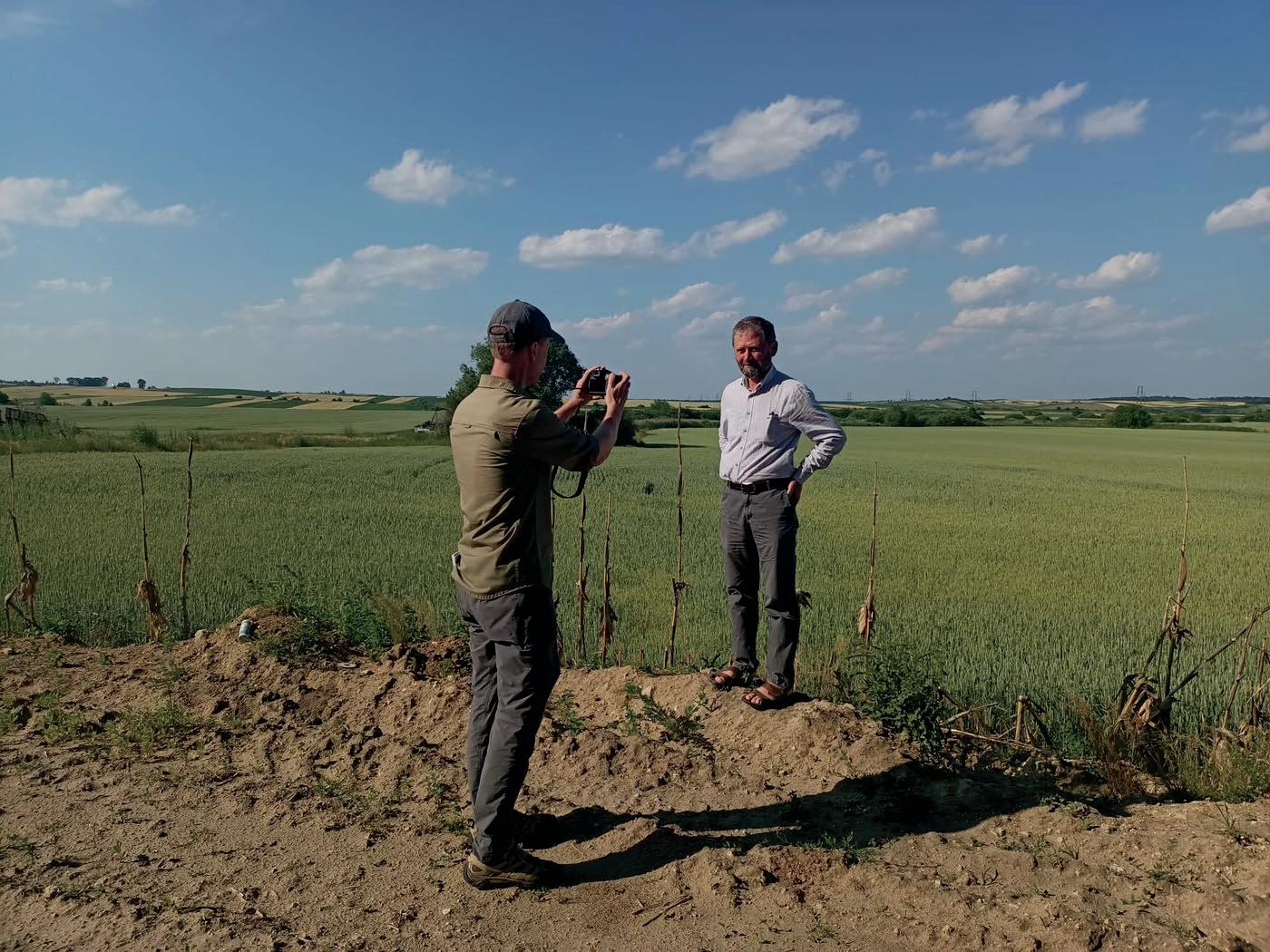




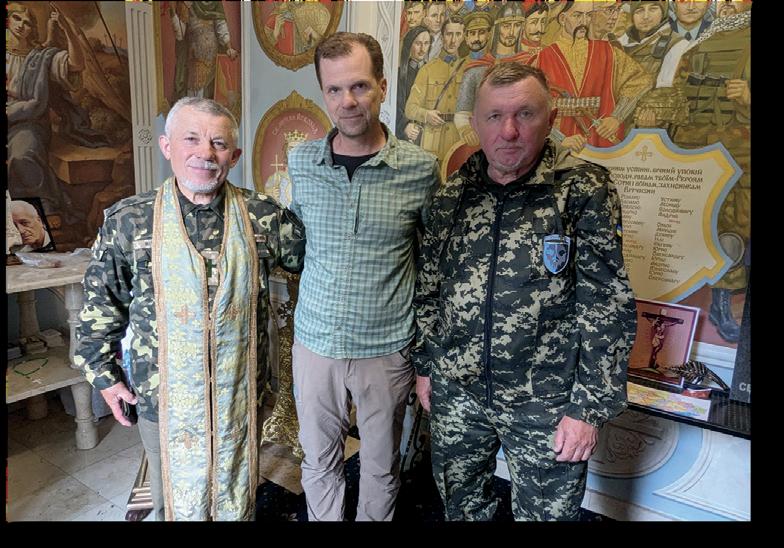

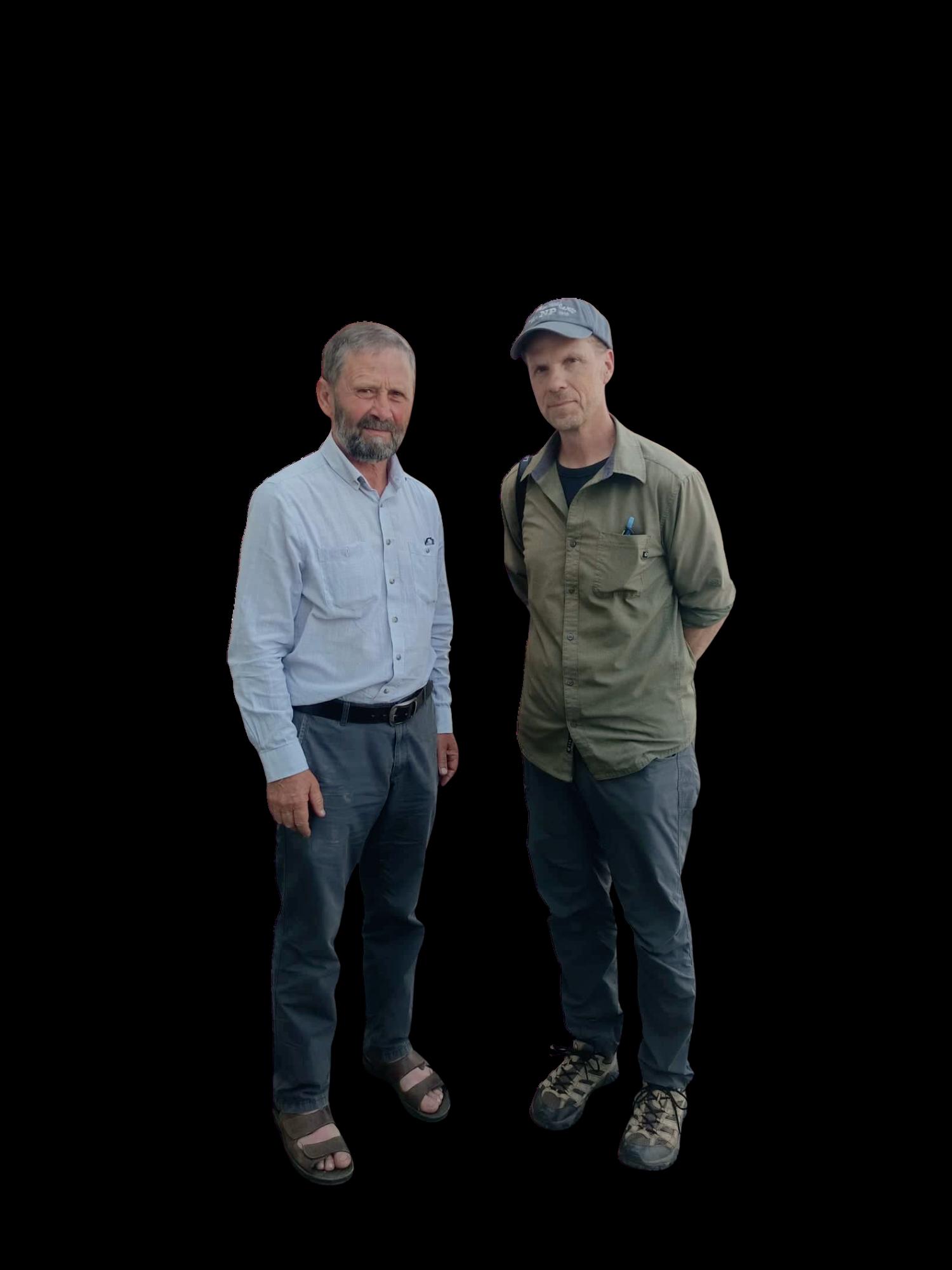


By HAVEN DI ATENE Reporter
Bike Theft
On Sept. 8, at 10:40 a.m., Weber State University Police Department officers were dispatched to contact a student by phone regarding a stolen bike. After the officers were able to speak with the victim, the officers then went to the location of where the bike was reportedly stolen. Once they arrived the officers were able to pull camera footage which showed two suspects stealing the bike. The officers were unable to identify the suspects and turned the case over to investigations.
Suspicious Vehicle
On Sept. 11, at almost 2 a.m., while on patrol in the W4 lot, an officer spotted an individual slumped over their steering wheel in their car. When the officer double-backed to investigate, the officer saw the individual awake and on their phone. The officer stopped to speak to the individual who revealed that they were a current Weber State University student and had been too tired to drive home. The officer checked that the student’s ID was valid and informed the student that the university had strict policies regarding no overnight camping. The officer stayed until the student left the scene and then
cleared the call.
Disturbance at Lindquist
On Sept. 12, at 7:20 p.m., an officer was dispatched to Elizabeth Hall where a group of juveniles were reported for supposedly tampering with the bike boxes. The complainant had suspected that the juveniles were trying to break in and steal a bike. When the officer arrived on scene it was discovered that the call was regarding Lindquist Hall, not Elizabeth Hall. When the officer arrived at Lindquist Hall the juvenile group were walking away. The officer asked the group to come speak with them and the group revealed that they had been trying to fix the bike box. The officer saw no damage and informed the group to not do it again before sending them on their way.
Code Purple Report
On Sept. 12, a bit after 10:15 p.m., officers were alerted that a student had been followed home via the Code Purple app. The student had reported that they had left work and a vehicle had followed behind them until the student turned onto campus property. According to the student the car had been driving erratically and the student felt that the person in the car had been watching them. Officers on duty reassured the student that they would do rounds and watch for the
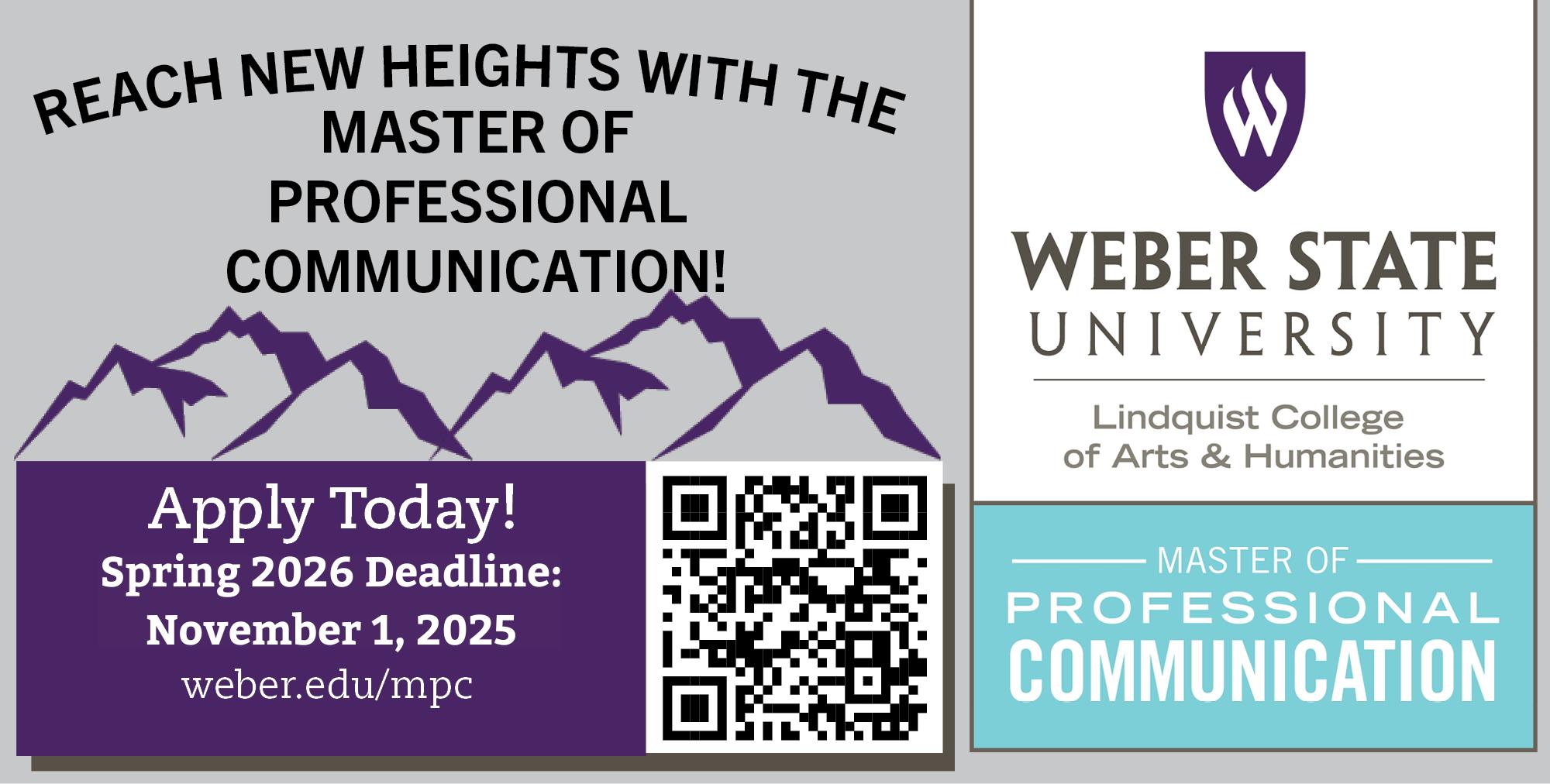
vehicle. When officers looked through security footage, they were unable to catch any identifying information about the vehicle.
Reckless Driver
On Sept. 13, at almost 3:15 a.m., a Weber State University officer was dispatched to check Harrison Boulevard for a reckless driver that had been reported close to campus. The officer observed a vehicle drifting across the
road and was unable to maintain a lane. The officer initiated a traffic stop and discovered that the driver only had a learner’s permit and there was no supervising individual in the car with them. The vehicle also had no insurance. The officer cited the driver and impounded the vehicle.

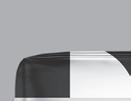





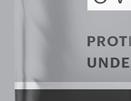

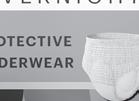


























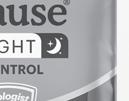







Traductor
Por HAVEN DI ATENE Reporter Por IVANNA OLACHEA
Robo de bicicleta
El 8 de septiembre, a las 10:40 a.m., oficiales del departamento de policía de la Universidad de Weber State fueron enviados a contactar a un estudiante por teléfono con relación a un robo de bicicleta. Después de que los oficiales fueron capaces de hablar con la víctima, los oficiales luego fueron a la locación en donde la bicicleta había sido reportada robada. Una vez que ellos llegaron los oficiales fueron capaces de obtener imágenes de una cámara la cual mostró a dos sospechosos robando la bicicleta. Los oficiales fueron incapaces de identificar a los sospechosos y le dieron el caso a investigaciones.
Vehiculo Sospechoso
El 11 de septiembre, casi a las 2 a.m., mientras patrullaba en el aparcamiento W4, un oficial observó a un individuo desplomarse sobre el volante de su carro. Cuando el oficial regresó para investigar, el oficial vio al individuo despierto en su celular. El oficial se detuvo para hablar con el individuo quien reveló que era actualmente un estudiante en la Universidad de Weber State que estaba muy cansado para manejar a casa. El oficial corroboró que el ID del estudiante era válida e informó al estudiante que la universidad tiene políticas estrictas en relación con la prohibición de acampar durante la noche. El oficial se quedó hasta que el estudiante dejó la escena y luego despejó la llamada.
Disturbios en Lindquist
El 12 de septiembre, a las 7:20 p.m., un oficial fue enviado al Elizabeth Hall donde un grupo de jóvenes fueron reportados por supuestamente manipular las cajas de bicicletas. El demandante había sospechado que
THE SIGNPOST TEAM
Editor-in-Chief
Nelly Hernandez Tejada nhernandeztejada@mail.weber.edu
Managing Editor
James Gordon jamesgordon@mail.weber.edu
Collaboration Editor
Bryce Odenthal bryceodenthal@mail.weber.edu
Design & Graphics Editor
Izabelle Cordeiro icorderio@mail.weber.edu
Photography Co-Editor Anna Kuglar briannakuglar@mail.weber.edu
Photography Co-Editor
A.J. Handley andrewhandley@mail.weber.edu
News Editor Alfonso Rubio alfonsorubio@mail.weber.edu
Sports Editor Gavin Nelson gavinnelson1@mail.weber.edu
Asst. Sports Editor Brayson Brown braysonbrown@mail.weber.edu
Culture Editor Jared Mitchell jaredmitchell@mail.weber.edu
Opinions Editor/Columnist Brisa Odenthal brisaodenthal@mail.weber.edu
Chief Copy Editor Mindy Brown mindybrown1@mail.weber.edu
los jóvenes estaban tratando de irrumpir y robar una bicicleta. Cuando el oficial llegó a la escena se descubrió que la llamada era en relación al Lindquist Hall, no a Elizabeth Hall. Cuando el oficial llegó al Lindquist Hall el grupo juvenil se alejaba. El oficial le preguntó al grupo venir a hablar con ellos, el grupo reveló que ellos estaban tratando de arreglar la caja de bicicletas. El oficial no observó algún daño e informó al grupo a no hacerlo de nuevo antes de enviarlos a su destino.
Reporte de Código Púrpura
El 12 de septiembre, un poco después de las 10:15 p.m., oficiales fueron alertados que un estudiante había sido seguido a su casa mediante el código púrpura. El estudiante había reportado que había salido del trabajo y un vehículo lo había seguido hasta que el estudiante entró en la propiedad del campus. De acuerdo al estudiante el carro había estado conduciendo erráticamente y el estudiante sintió que la persona en el carro
Translation & Asst. Chief Copy Editor Tomas Quintero Uribe tquinterouribe@mail.weber.edu
Translation Co-Editor Victoria Hernandez victoriahernandez1@mail.weber.edu
Translation Co-Editor David Roman Aros davidromanaros@mail.weber.edu
Business Manager Robert Steedley robertsteedley@weber.edu
Adviser Jean Norman jeannorman@weber.edu
había estado viendolos. Oficiales de guardia tranquilizaron al estudiante diciéndole que ellos harían rondas y mirarían por el vehículo. Cuando los oficiales miraron las imágenes de las cámaras de seguridad, ellos fueron incapaces de identificar alguna información acerca del vehículo.
Conductor Imprudente
El 13 de septiembre, casi a las 3:15 a.m., un oficial de la Universidad de Weber State fue enviado a checar Harrison Boulevard por un conductor imprudente que había sido reportado cerca del campus. El oficial observó a un vehículo derrapando por la carretera y era incapaz de mantenerse en el carril. El oficial inició una parada de tráfico y descubrió que el conductor solo tenía un permiso de aprendizaje y no había ninguna persona supervisora en el carro con ellos. El vehículo tampoco tenía seguro. El oficial multó al conductor y confiscó el vehículo.

